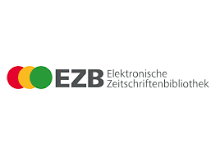Representations of the students on the evaluative practices in the subject of History, Geography and Social Sciences in border educational establishments.
Abstract
This work explores the students' views on the evaluation modalities and practices used in the subject of History, Geography and Social Sciences. A qualitative approach is chosen using interpretive cutting techniques in order to explore the representations around the evaluation practices. The collection of information was established through in-depth interviews, from which nodes of meaning were extracted and a semantic network was developed. The results reported that the main themes identified were a dynamic conception of learning, a complex view of evaluation that includes attitudinal values and a representation of the teacher as an agent that makes institutional evaluation criteria more flexible in response to learning objectives.


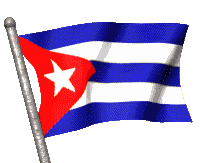









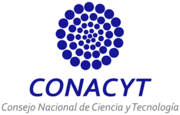
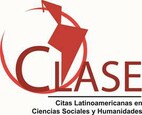















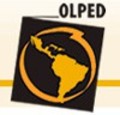




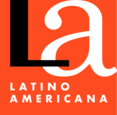

1.png)

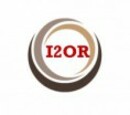





1.png)



